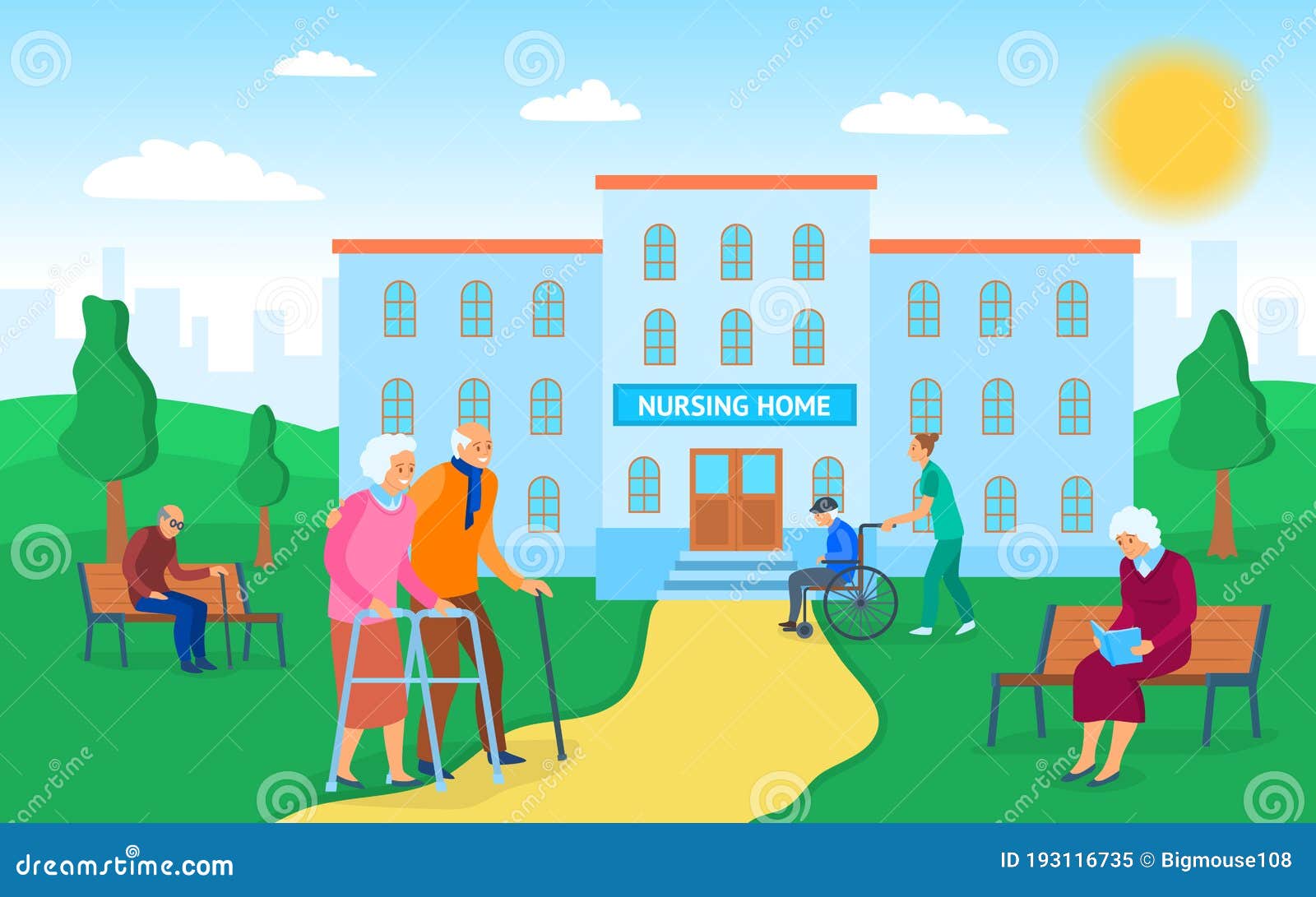What can you do with a Speech Language Pathology degree?
Hello! Thank you for taking the time to read my blog. Don't hesitate to shoot me a message with any burning questions or feedback.
So without further ado, let's dive into what you can do with a speech-language pathology degree. First and foremost, to be a "speech pathologist," a master's degree is required. A bachelors can be obtained in the field, but with a BA, you can only become an assistant in most states. The good news is that a BA in the field is not required to pursue the master's degree. As I mentioned before, my undergraduate degree was in Linguistics and TESL.
Admission into a master's program tends to be very difficult. The admission process is very competitive and rigorous. If it is requested, I can make a post about my grad school application process and perhaps give some advice for new applicants.
After obtaining a master's degree, passing the ETS Praxis exam, and completing the clinical fellowship year (let me know if I need to explain these in a future post), you will be officially certified as a speech-language pathologist or SLP for short. Read my previous blog post to learn more about the field: https://nomadlinguist.blogspot.com/2021/06/what-is-speech-language-pathology.html
As an SLP, you have the flexibility to work in different settings with different populations and practice in different areas. The main settings or places you can work in as an SLP are: early intervention, home health, hospital, nursing home, schools, and private practice. There are a few variations within those settings and certainly, some jobs that do not fit into 1 specific setting.
Early Intervention
Early intervention focuses on birth to three years old populations in most states. In this setting, you will be working with small children and their caregivers to provide care. Early intervention speech therapy can be provided in a clinic, at the family's home, in a playground (yes! really); basically, anywhere the family can do therapy.
Image from ASHA leader
As the name suggests, when working in this setting, the SLP goes into the client's home to provide services. This setting can be combined with early intervention, as mentioned above. In addition, it can be for elderly clients who cannot go to a clinic due to various reasons. Finally, it can be for a private clinic type of work where the SLP choose to go to clients' homes and make their own schedule.
Image from cartoonHospital
The hospital setting is a vast category as it can include inpatient, outpatient, rehabilitation, and acute care. The hospital can be a general hospital, a geriatric hospital, or a children's hospital. The level of care required changes based on the specific category, with acute being the highest since clients need multiple service providers. SLPs in the medical setting can specialize in certain disorders like swallowing and cognitive disorders.
<a href="https://pikbest.com/free-png-images/hospital.html">Free hospital png images from pikbest.com</a>Nursing Home
The nursing home setting entails working in short-term and long-term care facilities with adults. Nursing homes usually only have 1 SLP on staff who mainly provide services for swallowing and cognitive disorders. Keep in mind that there can be variations and subcategories in different areas similar to the hospital setting.
Schools
Schools are pretty straightforward. This can include kindergarten to high schools, as well as public and private schools. Usually, an SLP can directly work with a school district as a full-time employee or a contractor. Of course, the bonus of this setting is your get all of the school holidays and the summer off! But you have to enjoy working with kids.
Private Practice
As the name suggests, you can create your own private practice and work for yourself. The private practice setting can be very diverse. For example, an SLP can branch into all of the other settings in private practice. Another option is that an SLP can work for a privately-owned clinic.
Thank you for reading this article. I hope that it was informative!! Here are some resources on the different settings.
Ressources
10 Tips for Speech-Language Pathologists in Early Intervention
10 Tips for SLPs in Home Health
Top 10 Things To Know About Working As A Skilled Nursing Facility SLP
Pros and Cons of the School-Based Setting for SLPs






Comments
Post a Comment